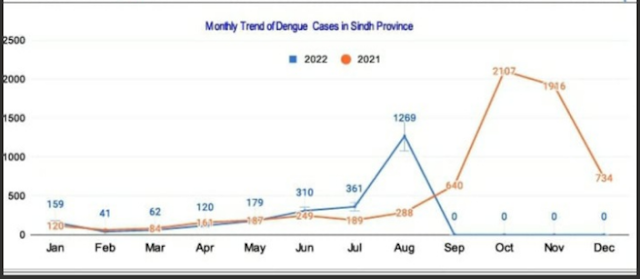Experts at Karachi moot urge shift to lifestyle-based healthcare

Dow University announces plan for Lifestyle Medicine Research Centre, calls for academic integration of prevention-based care IV Report KARACHI: With Pakistan facing a growing burden of lifestyle-related diseases, experts at an international symposium have called for a proactive shift toward prevention-based healthcare through the integration of lifestyle medicine — focusing on nutrition, physical activity, mental well-being, and other non-pharmacological interventions. The symposium, titled “Lifestyle Medicine: Redefining the Foundations of Health” , was hosted by the Dow University of Health Sciences (DUHS) on July 26 and brought together national and international health professionals, researchers, and policymakers. According to a press release issued by DUHS on July 30, participants stressed the urgent need to connect lifestyle factors to the country’s escalating health crisis. DUHS Vice Chancellor Prof Dr Jehan Ara Hassan, addressing the event as chief guest, announced th...









